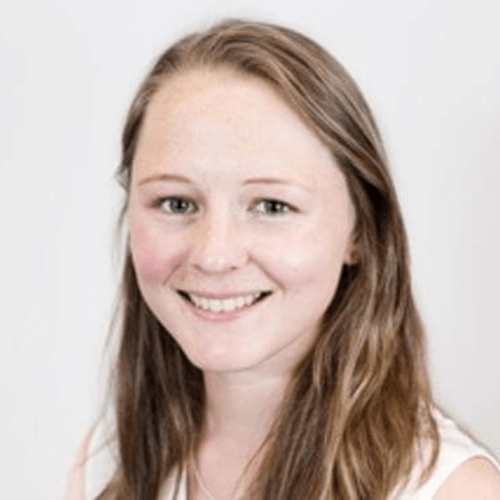Sustainable construction demands better management of social and environmental impact. To achieve this, reliable, efficient tools are needed to make sense of large volumes of data across the range of related fields.
Qflow is a cloud-based platform that enables construction projects to manage their environmental risk and stay compliant with environmental standards.
Qflow brings together machine learning and the Internet of things to capture and analyse environmental data, making it easier to identify and manage risk. This increases productivity and reduces cost while positively impacting the built environment.
The technology connects to existing, on-site systems to automate real-time data collection and analysis. This leads to better informed decisions, more accurate predictions and the ability to generate standardised reports. It reduces costs associated with delays and mitigation processes caused by unmanaged environmental risk.
Trials have shown that Qualis Flows’ solutions can improve data capture against existing competitors by over 100%.

Four pilot programmes are scheduled for spring 2019 to further validate the technology’s use in monitoring aspects such as waste, noise, air quality and vibration.
Brittany Harris brings significant experience in civil engineering as she leads a multi-skilled team of engineers, environmental professionals and software architects as Qualis Flow brings its solutions to market.
Associated Programme
Launchpad competition

